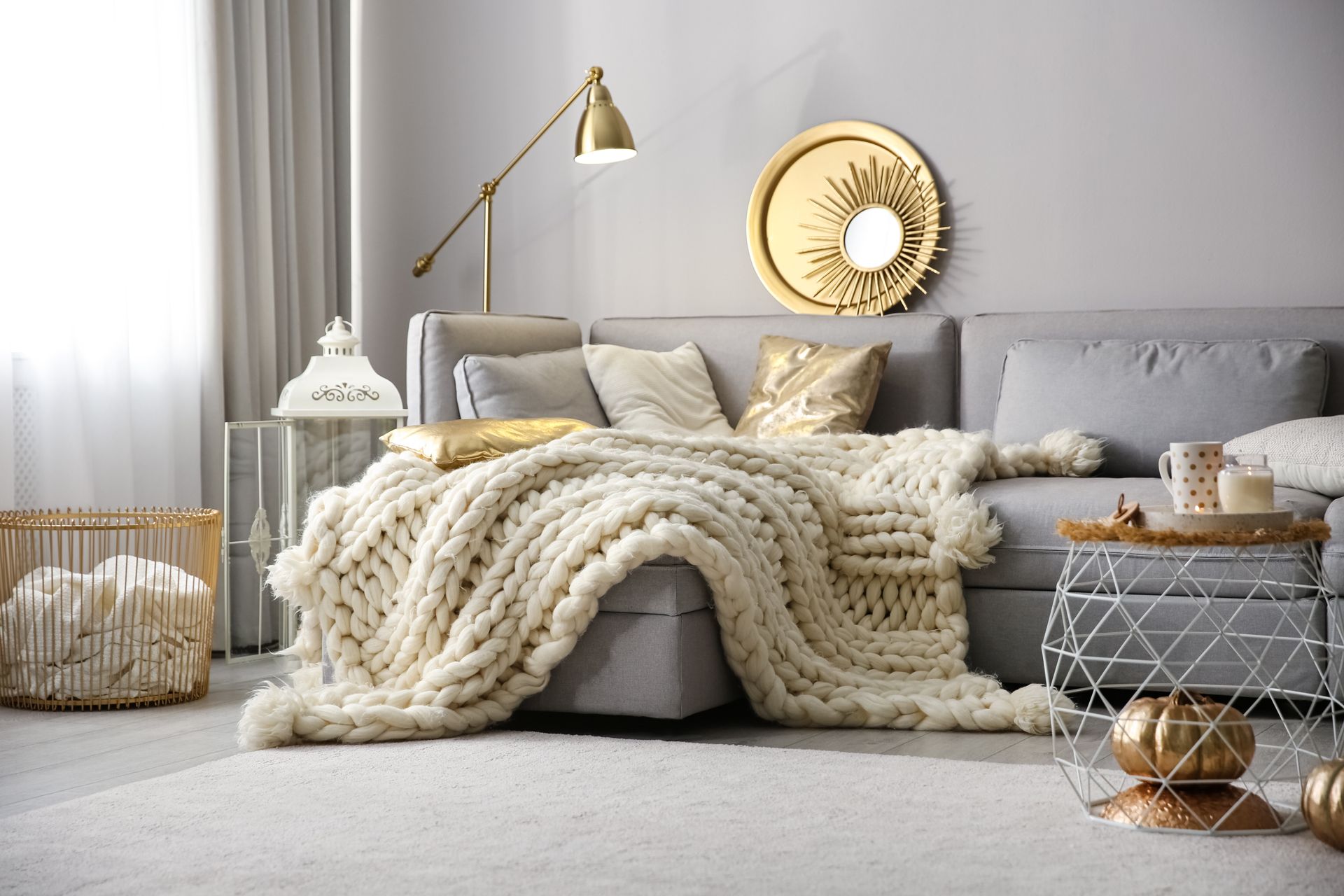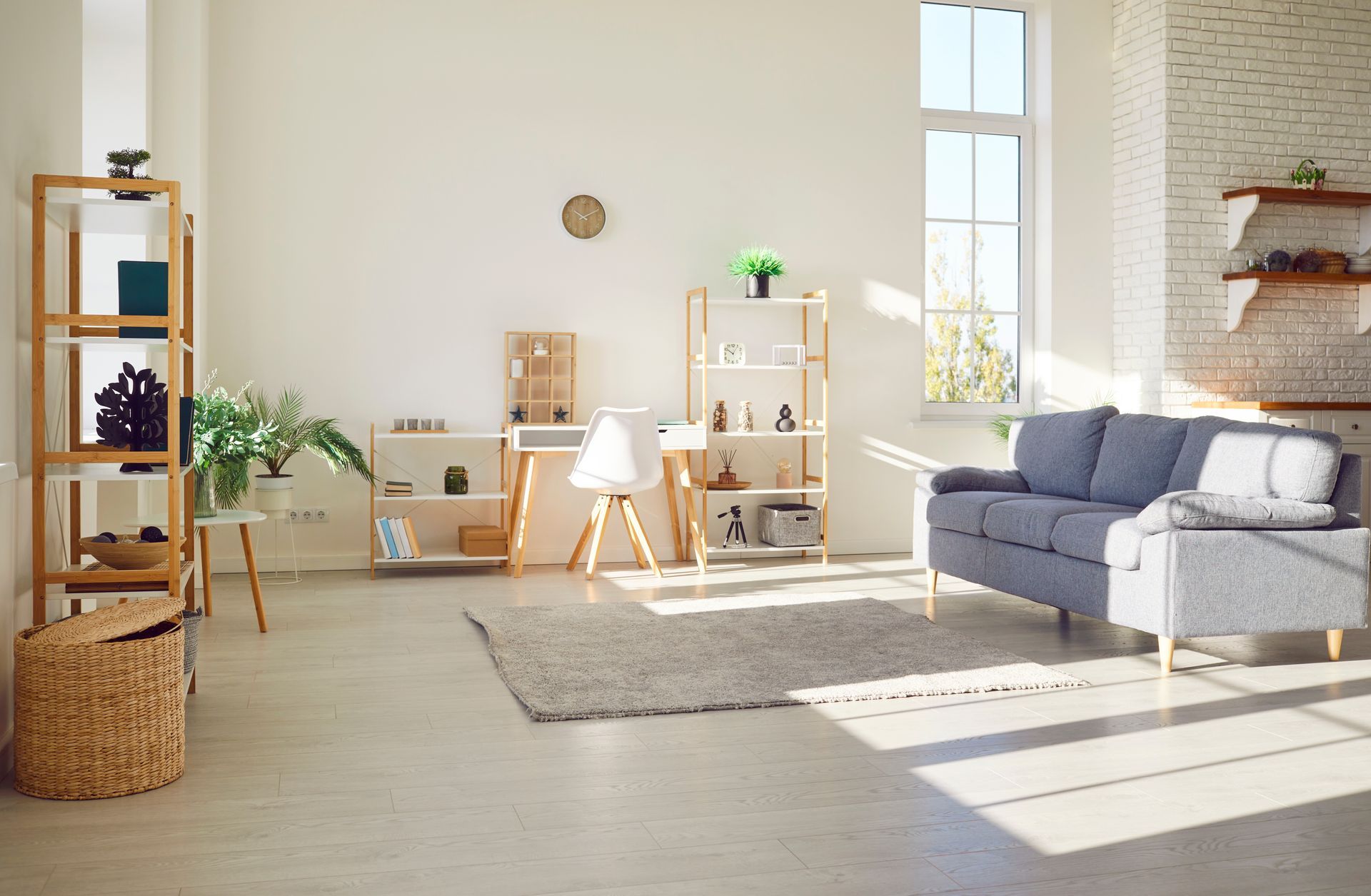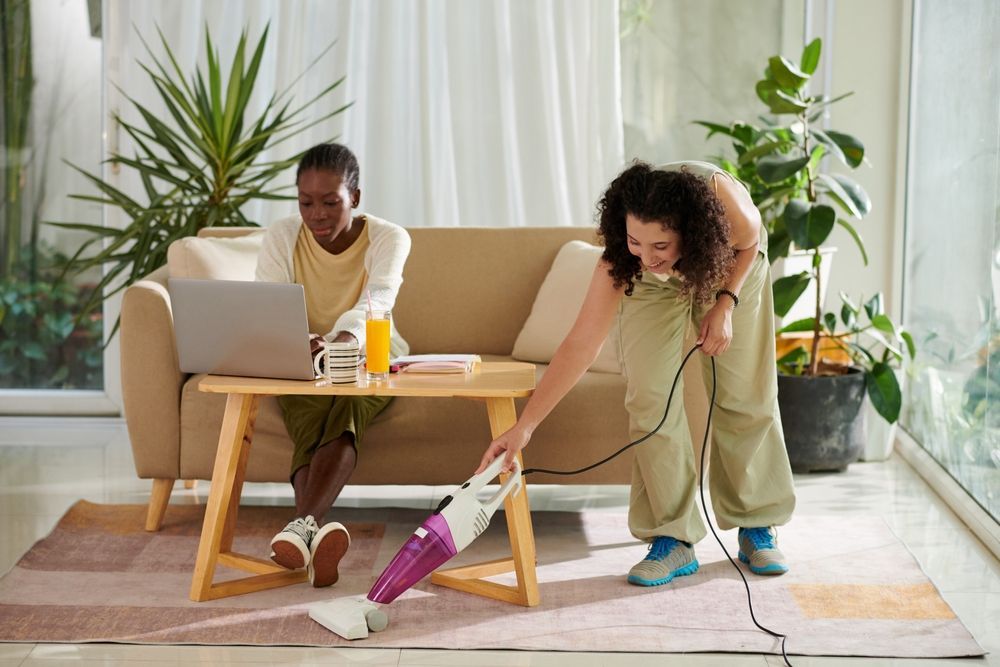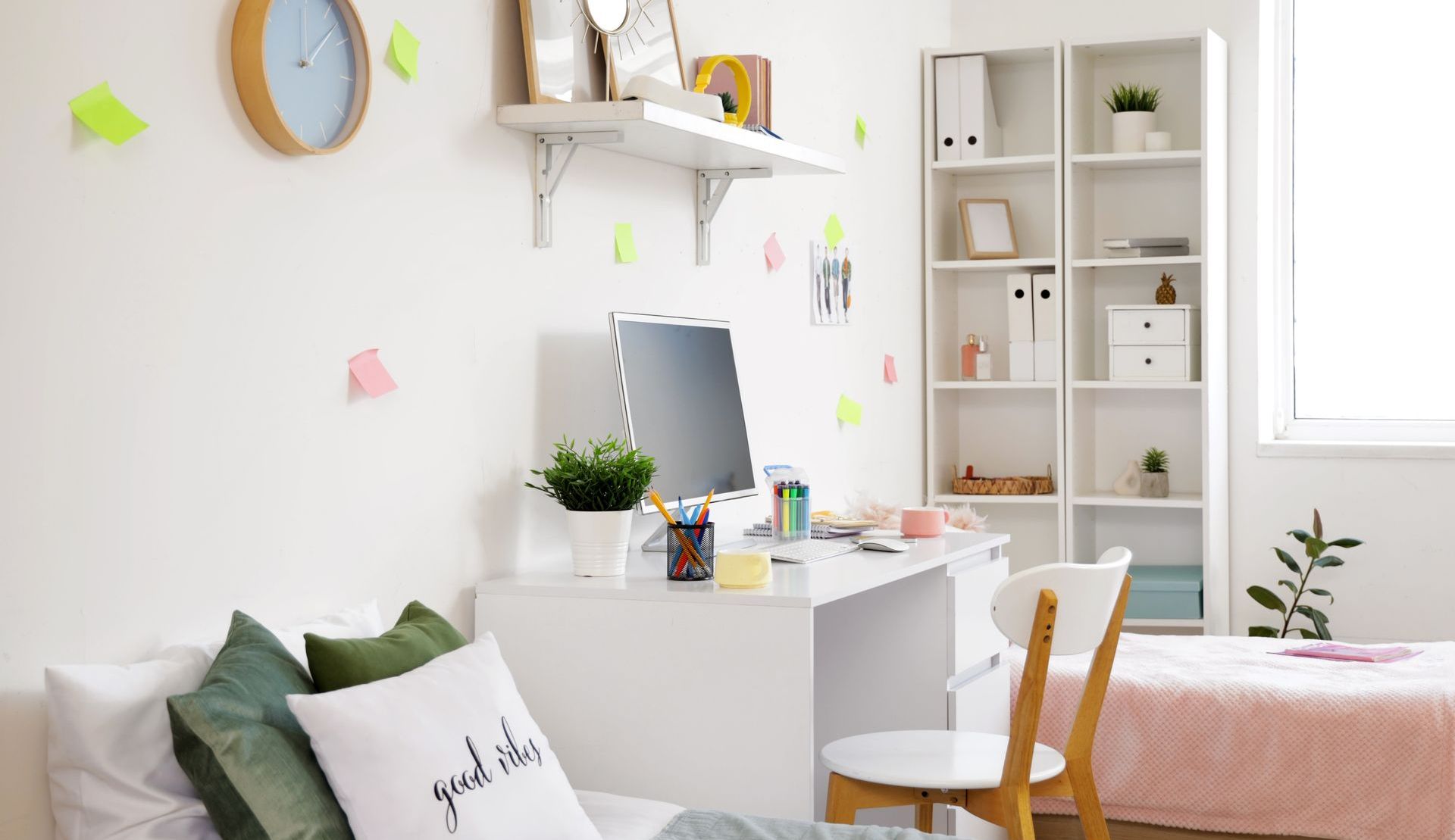Low-Maintenance Pets Great for Apartment Living
Share this Article:
Written by: Weida Apartments
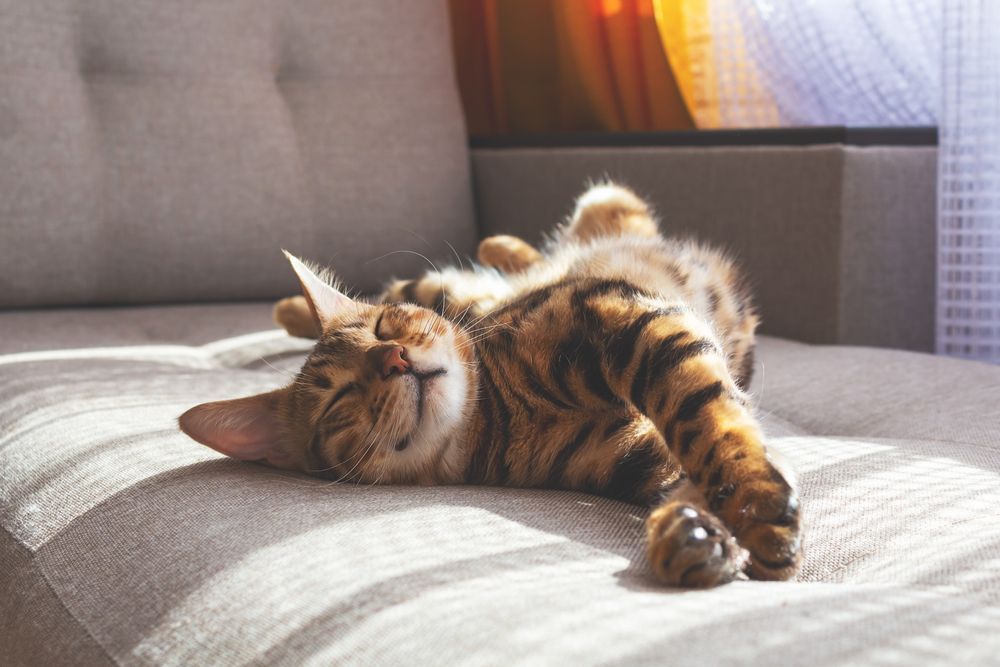
Some people just won’t live without their animal companions. Whether it’s a cat, a bird, or a lizard, they don’t want an apartment where their friend isn’t welcome. Fortunately, some apartments accept pets, and certain animals do well in apartments.
The Best Low-Maintenance Apartment Pets
Here are some low-maintenance pets for apartments that can make you a happy pet owner and also a responsible tenant.
Cats
Cats are independent, do well in apartments, and don’t have to be taken for a walk. They sit on your lap and purr. However, you do have to deal with a litter box, and, if you’re not careful, they can scratch things they shouldn’t.
Dogs
Dogs aren’t truly low maintenance— they must be walked for exercise and to visit the facilities— but a well-trained canine can be just fine in an apartment. Many buildings have restrictions on size and breed.
Birds
Many apartment buildings welcome small birds like canaries and finches. However, larger birds like parrots may be prohibited in some complexes, and letting birds out of cages may also be restricted.
Turtles
Turtles are cute and entertaining. However, they can be more work than you’d expect. You might need friendly lighting, temperature control, and a water filtration system. Some can live for decades and get larger than you’ve planned for.
Fish
A small tank, five gallons or less, fits easily in your unit or a stand or end table. You’ll have to feed them, clean the tank, and keep the right chemical balance. Saltwater and freshwater fish have different maintenance requirements.
Hamsters and Gerbils
These pocket pets don’t need a lot of care – they groom themselves – and they’re fun. They like to interact with their people. They are shy of some noises and best kept in a low-traffic area.
Chinchillas
These animals are sweethearts. They love to be scratched under the chin, and they need dust for their dust baths, which are a blast to watch. If you play with them outside of the cage, keep them contained – they’re quick.
Rabbits
Who doesn’t love a bunny? They can be litter-trained, and they’re great for little apartments because they love living in small spaces. Their teeth never stop growing, so you’ll have to supply chew toys.
Lizards
Lizards are easy to care for and can be surprisingly social, much more so than other reptiles like snakes. Geckos are a favorite. They don’t require much care in their cages, but different species have different heat and humidity requirements.
Snakes
Small snakes, for example, corn and ringneck snakes, are just fine in small spaces. They like to be alone and need nothing more than adequate food and the right temperature. Some do well with a heat lamp.
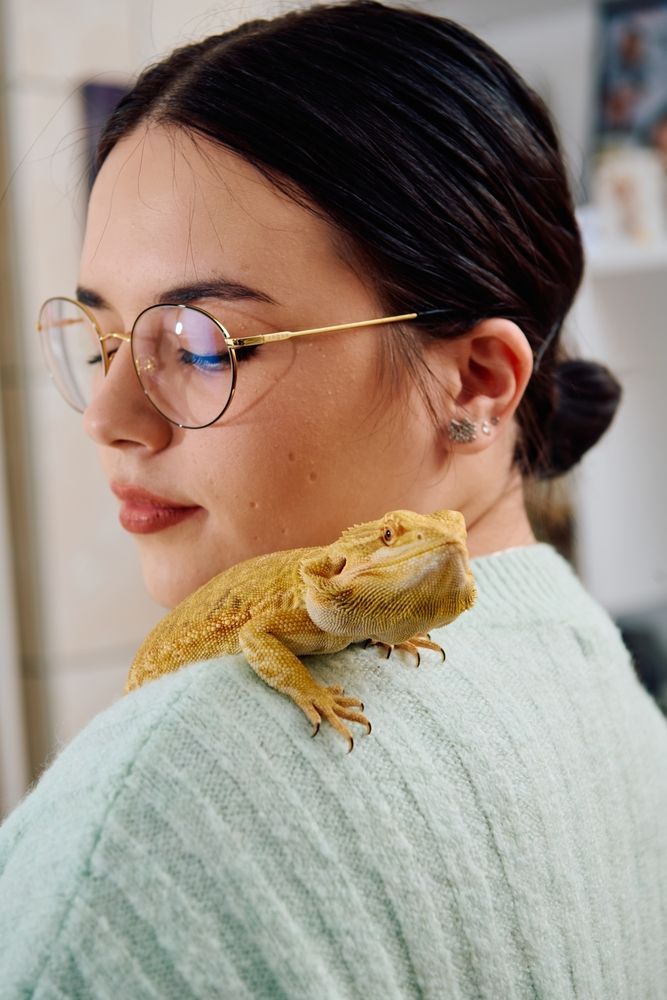
Mice and Rats
These rodents are social, fun to watch, and do well with playmates. They groom themselves and are happy with a small cage. Rats in particular are intelligent but tend to hoard food, so you’ll need to watch for and clear out leftovers.
Frogs
Frogs don’t do a lot, but they’re interesting to look at. Some males will sing in their enclosures. All they ask is that you feed them a few times a week.
Hermit Crabs
These creatures can provide hours of entertainment. It’s best to have about three so they can keep each other occupied, bouncing about and even playing with toys. Feed them daily, and you can play with them, too.
Considerations Before Getting a Pet
Before you move in with your favorite creature, understand your lessor’s rules and be upfront about what you have. You also need to think about how well the animal will work out for you.
Space
A big dog will be frustrated in a small apartment. Beyond total apartment size, consider the space within the unit where you might keep your pet, especially one living in an enclosure. Many cages need a stand or table, and lots of animals prefer to be out of the bustle of the kitchen or main living area. Make sure you have a niche suitable for your friend.
Noise
Not many animals other than a dog or a parrot are likely to make noises that disturb a neighbor. However, you should also think about what noises you’re comfortable with. For example, a nocturnal rodent running on a wheel might disrupt your sleep. A continuously singing canary might get tiresome after a while.

Care
Dogs are the only common pets that need to be taken outside. However, indoor pets need care, too. There can be litter boxes to change, cages to clean, and food to prepare. Some animals don’t thrive without human socialization. Larger animals can involve veterinary bills. Understand what you’re getting into.
Allergies
Even if you’re not allergic to your pet, your friends and family might be. Before you bring home a cat, for example, consider whether some people important to you will be unable to visit.
Building Policies
Every apartment has its own rules about what pets are allowed and how large they can be. Some require additional damage deposits or monthly fees for certain animals. Know the rules, and be honest with your lessor. Don’t try to sneak in or conceal an animal.
How to Create a Pet-Friendly Apartment
A building owner may advertise pet-friendly units, but it’s up to you to make sure it’s secure for your specific animal friend. If your pet has run out of the apartment, store away hazardous materials and keep breakables like glasses and knick knacks out of reach. Keep enclosed animals away from radiators and vents and at humidity and temperature where they’re comfortable. Consider renters insurance and/or pet insurance.
Apply to Any of Our Pet-Friendly Apartments!
Weida Apartments has many buildings in the West Lafayette area that welcome pets. All you need to do is get your animal properly approved before it moves in with you. Contact us to find the next home for you and your animal buddy.
Share with Us!

